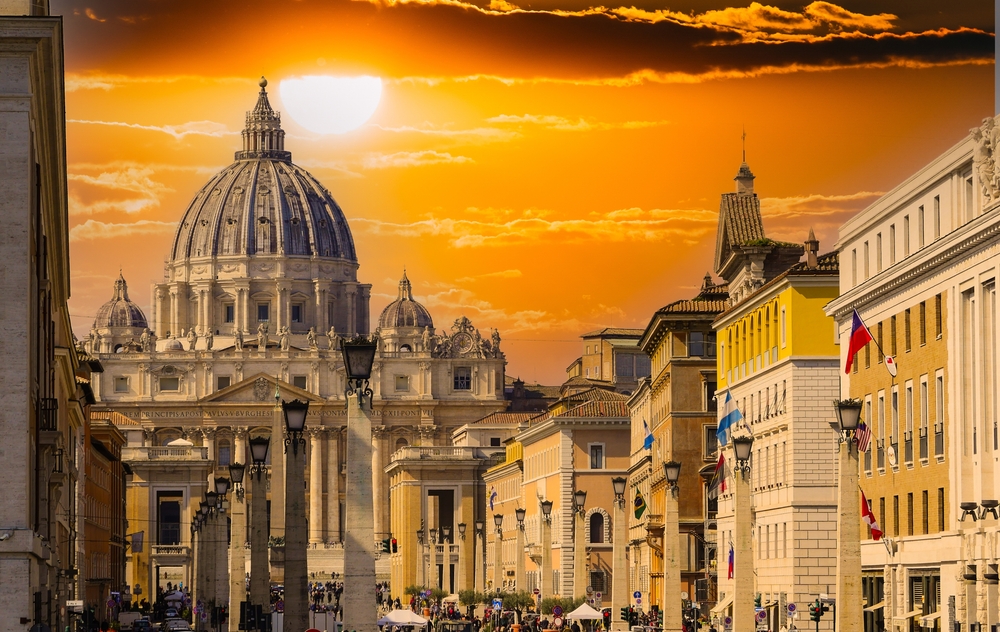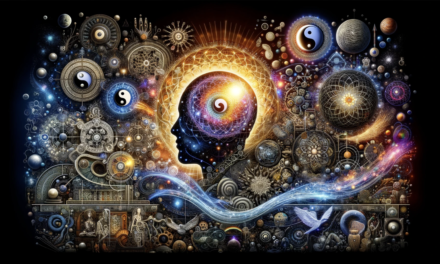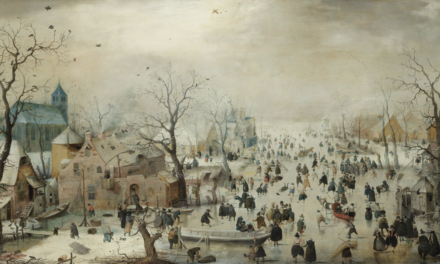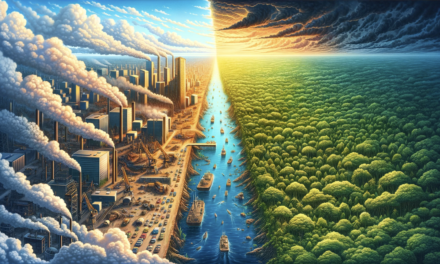Instructions for Using This Page
Each of the sections of this web page links to a resource that will help to remind you of this module of our Science, Philosophy and Spirituality course. Just click on the section, and you will be linked to the resource.
When you are reading an article from this website online, blocks of text in bold coloured type that make reference to an external source are “clickable”. If you click on them, you will be taken to the resource to which they refer.
Enjoy!
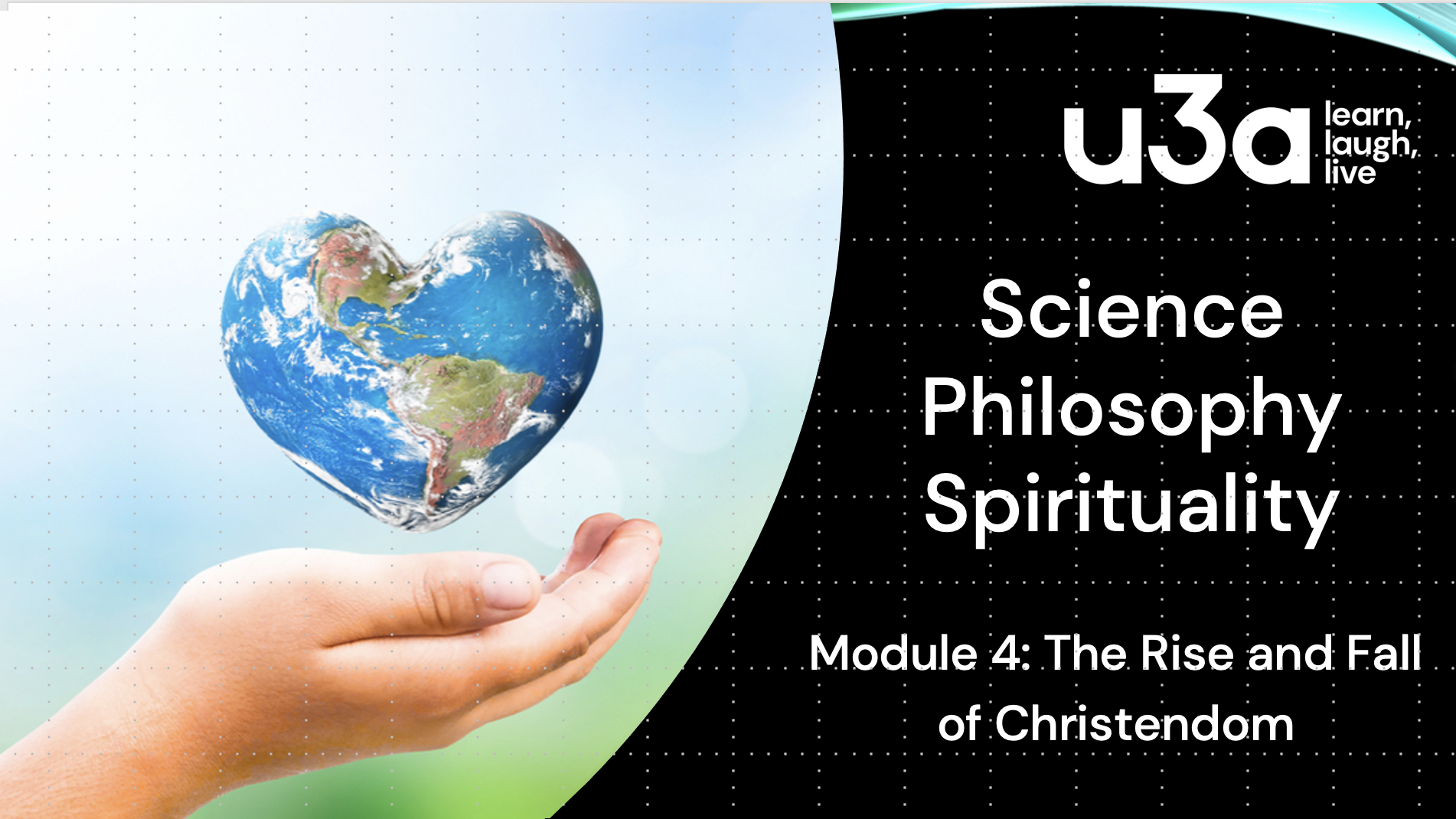
PDF of the slides shown in the session.
Under the aegis of the Roman Empire, early Christianity morphed into Christendom and incorporated ideas from Greek philosophy. These composite ideas spawned the ‘natural philosophy’ that later became modern science. The Black Death, the Renaissance and the Enlightenment nurtured science and simultaneously planted the seeds of Christendom’s destruction.
In Europe, and consequently in America after its colonization by Europeans, Christendom helped shape the culture from which the world as we know it today emerged.
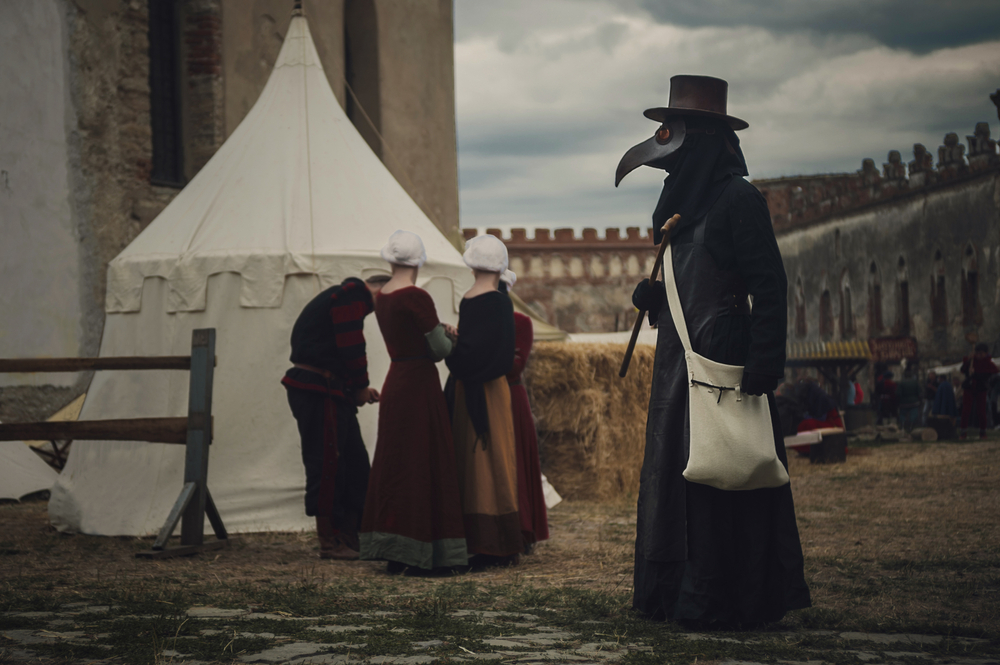
Article
Link to my article, “Christendom and Science: A Brief Overview of a Complex Topic”, which summarises the material discussed during the module.
It expands a little on the “selected events” that were illustrated in the timeline shown on slide 9 of the slide pack.
Books referenced in Module: Christianity
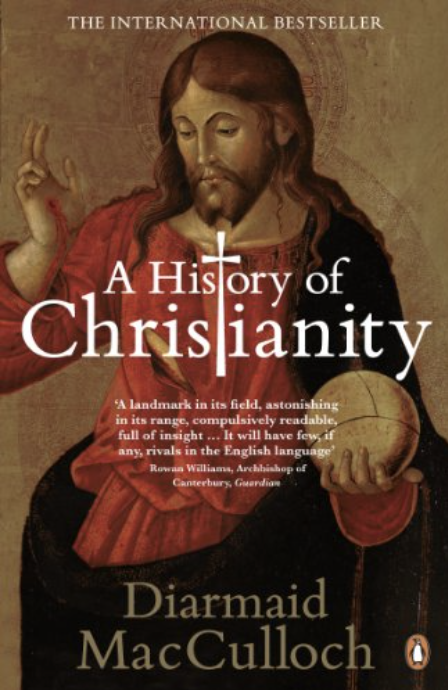
Based on the BBC TV Series – a comprehensive historical account.
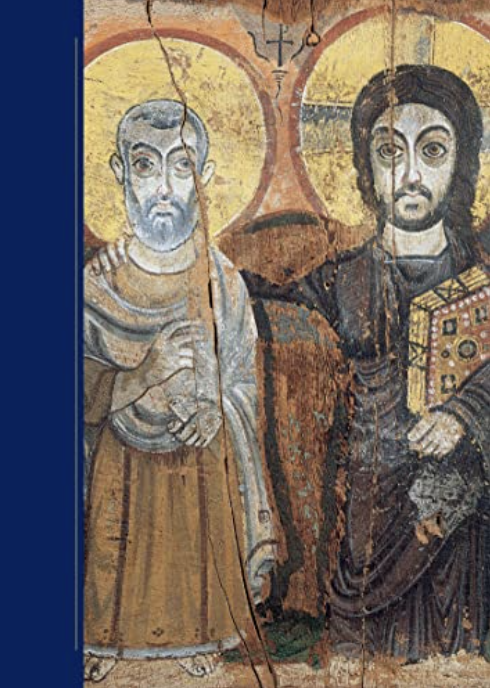
The Oxford Dictionary of the Christian Church.
An authoritative reference book.
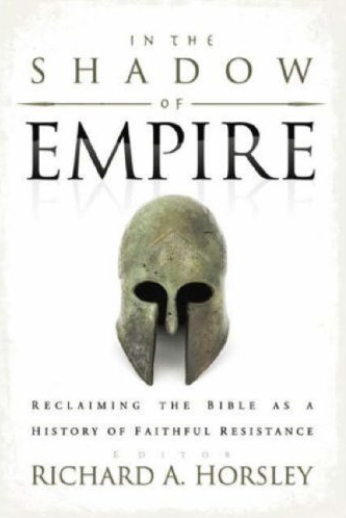
An account of the Bible as a history of faithful resistance to Empire.
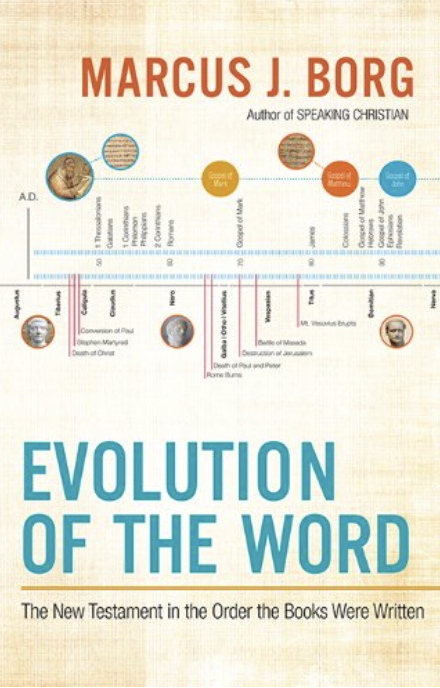
An excellent book about how thinking developed even while the New Testament documents were being written.
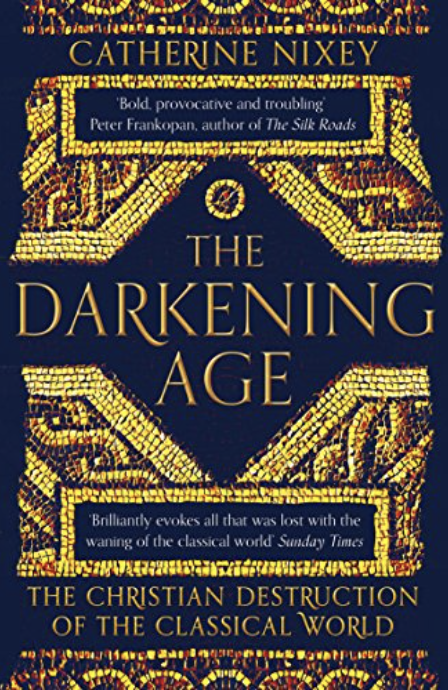
A description of the early church’s violent destruction of the classical heritage in its attempt to stamp out heresy.

Not a book, but a series of 8 short studies of the Book of Revelation, the early church’s rallying cry against the Roman Empire.
Books referenced in Module: Science
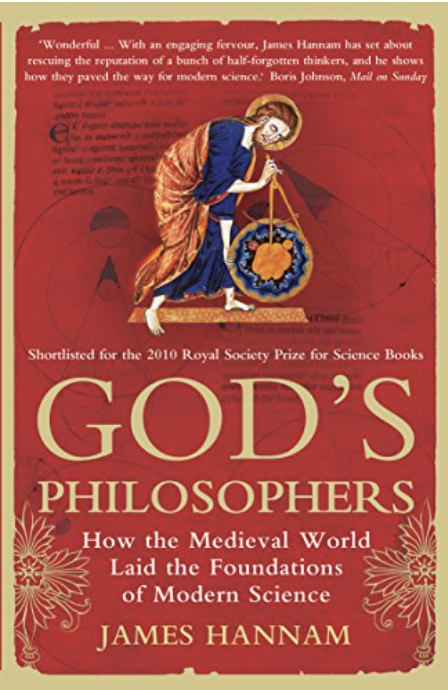
An interesting book about the great thinkers of Medieval Europe, who nurtured the roots of science.
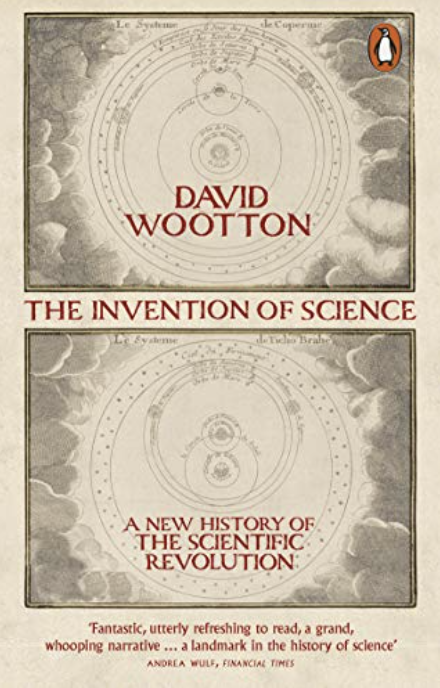
An account of the “Scientific Revolution” (1572 to 1704), what preceded it, and how it evolved into modern science.
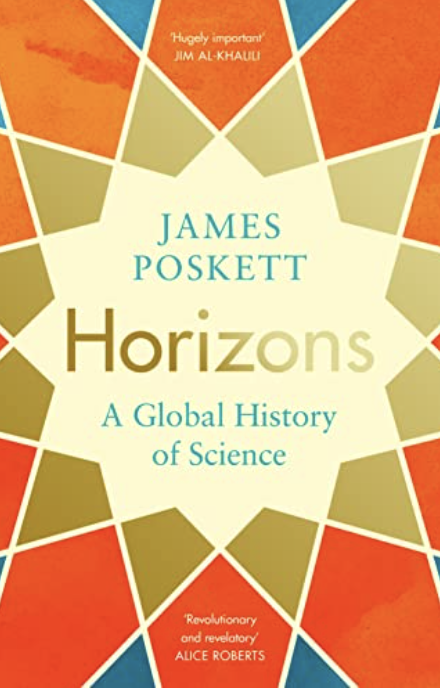
A new global focus, that describes the role of Egypt, Mesopotamia, Islamic countries, India and China in the evolution of science, as well as Greece and Western Europe.
Books referenced in Module: Science and Religion
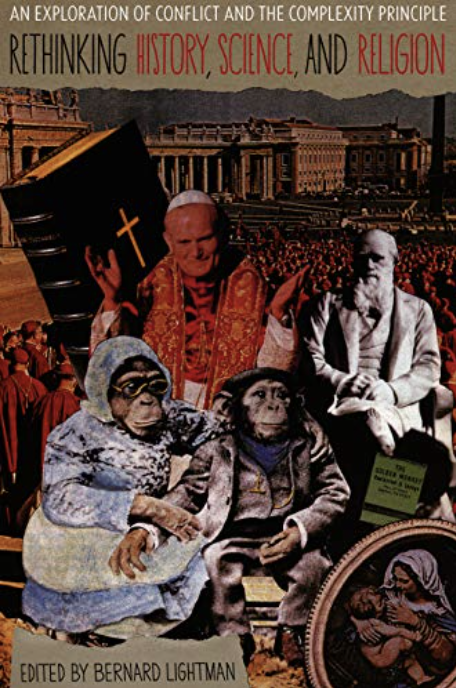
This book suggests that “complexity” is better than “conflict” as a way to think about relations between science and religion.
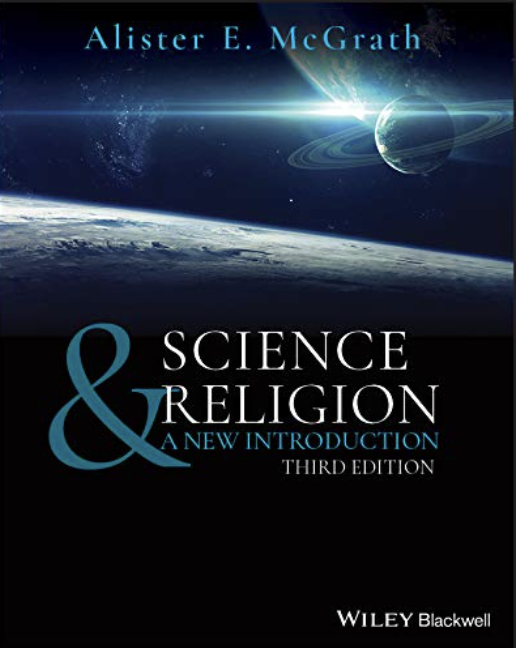
The leading introductory textbook on the study of religion and the natural sciences, including new coverage of the latest topics in the field.
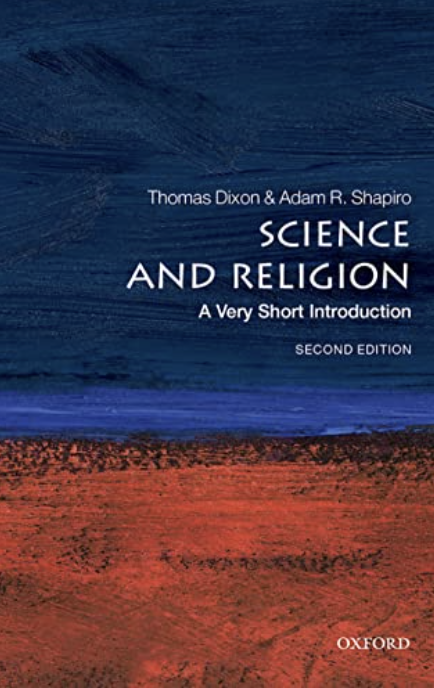
A concise introduction to the latest thinking about the relation between science and religion.
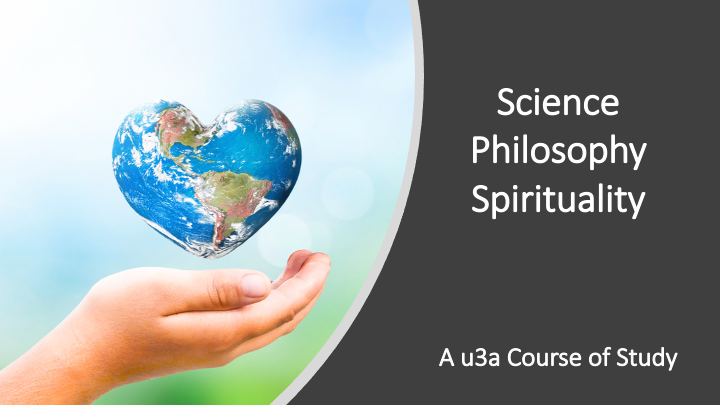
Link to Course Home Page
Click this link to return to the Home Page for Season 1 of the Shepway and District u3a Science, Philosophy and Spirituality programme.

